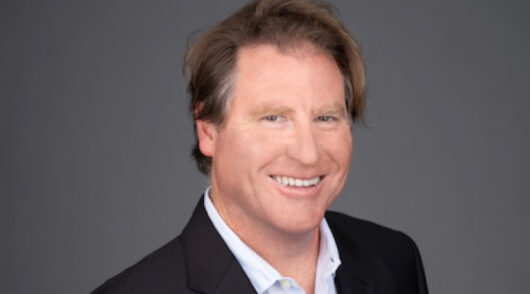The Fair Work Commission has handed down a 2.5 per cent increase to the minimum wage set to begin as of 1 July, though the broader retail industry will not be held to the increase until 1 September.
The retail sector was given a two-month delay based on the fact that while the industry has certainly recovered from the troughs of 2020, that recovery is patchy and is still adversely impacted by isolated lockdowns – something the FWC expects will continue.
The increase will mean an additional $20.70 per week for retail employees, according to the SDA’s national secretary Gerard Dwyer.
“This pay increase is money that the low paid will put straight back into the economy, helping boost growth and putting Australia on the path to recovery,” Dwyer said.
“[However], another delay is no reward for essential frontline retail workers who suffered a real wage cut as they risked their health and safety throughout the depths of the pandemic to make sure the rest of the community could buy food and the other essentials of life.
“The SDA will be engaging with retailers to insist on immediate wage justice for their tens of thousands of workers by paying the increase from the beginning of next month as had always been the case until the pandemic struck.”
The increase was pushed through despite zero support from the Morrison government, as well as most state governments: with only the Victorian government rallying for a 2 per cent increase.
Most businesses also were pushing for zero increase, according to the ACTU.
“Pay increase will be spent in local communities across the country and will help small and medium businesses as well as working people get back on their feet after the pandemic,” said ACTU secretary Sally McManus.
“This wage rise goes to one in four working people – and this process is the only avenue those people have to a pay rise each year.”
And while this increase will mean two wage increases in the retail industry within a six month period, the FWC noted that retailers had the benefit of seeing no increases between July 2020 and February 2021.
ARA boss Paul Zahra hit back at the decision, stating it should have been delayed until at least February 2022, and that being hit with two wage increases and an increase to superannuation within a short period of time was “a significant concern”.
“Businesses are still adjusting to the last wage increase on 1 February this year and face additional pressure when an increase to the Superannuation Guarantee increase kicks in from 1 July,” Zahra said.
“Our economic recovery remains uneven, with many businesses – particularly small businesses in CBD locations, travel retail and in Victoria – continuing to struggle for survival.”
Travel retail has been granted an additional two month delay, and will see the rise hit its sector on 1 November along with aviation and fitness.






